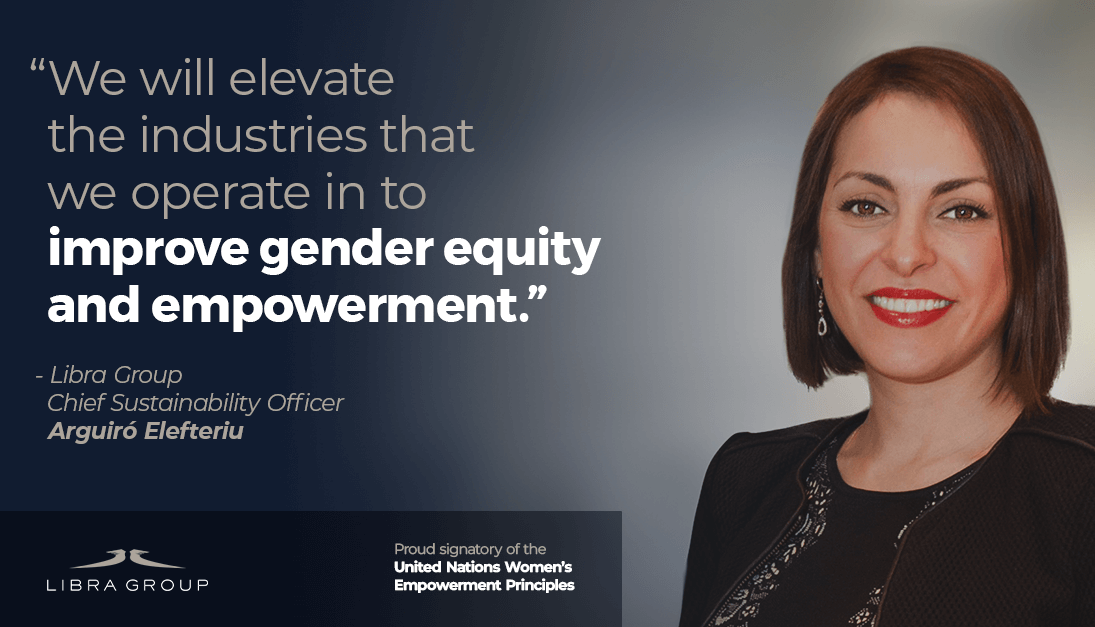Impact Investing Strategies To Accelerate Positive Change
In a Forbes article, Praveen Vetrivel shares how impact investing is a powerful tool to effect positive change and address global challenges.

Impact investing—or investing both to benefit society and generate financial returns—is a powerful tool to effect positive change and address global challenges. The concept of investing in assets that offer social or environmental benefits along with financial returns has come a long way over the past few decades.
In fact, the Global Impact Investing Network (GIIN) estimates that impact investments globally crossed $1 trillion USD for the first time in 2022. While this is something that we should all aspire to do, good intentions are not enough, and to make a real impact, you’ll need a strong impact investment strategy.
To help, here are four things to keep in my mind for an effective impact investment strategy.
Considering The Collective
It has to consider the collective, as the major challenges we face, like climate change, pandemics and inequality require collective action from all of humanity.
Adam Smith’s concept of the “invisible hand” can and should be harnessed to lead to the betterment of society. There is no reason why free market principles should be at odds with social good. As we are all part of the same ecosystem, investments that account for both the positive and negative externalities of a transaction is how a truly fair market would perform.
For everyone that points to Adam Smith, from The Wealth of Nations, to make a case for focus on quarterly results, I would kindly redirect them to Adam Smith, from The Theory of Moral Sentiments, as to why empathy and ethical behavior is important for economic transactions.
At the heart of impact investing lies the triple bottom line: people, planet and profit. By focusing on impact rather than a limited policy, it opens a wide range of diverse opportunities. From renewable energy projects and affordable housing initiatives to sustainable agriculture and clean water access—the possibilities are vast.
Impact investing isn’t a passive endeavor. It requires intentionality, rigorous due diligence and a commitment to measuring impact. Investors assess the social and environmental performance of their investments.
Harnessing Power Of Tech
It should harness the power of technology by supporting startups and companies at the forefront of technological progress, creating opportunities for economic growth for all.
Impact investing fosters innovation. By directing capital toward socially and environmentally conscious projects, it supports groundbreaking solutions to some of the world’s most pressing challenges. This innovation benefits society, the environment and investors. In addition, although this goes contrary to the earlier point, the more new ideas we support, the more bad ideas we can eliminate—so even an unsuccessful venture into a new technology still allows us to make tremendous progress (i.e., the impact side is always there).
Considering Broad Implications
It should encourage a shift away from purely profit-driven strategies by considering the broader implications of investment choices.
Contrary to the misconception that impact investing sacrifices financial returns, evidence suggests otherwise. Numerous studies have shown that impact investments can deliver competitive financial performance. In essence, doing good does not mean giving up profits.
Impact investing provides a tangible means for individuals, institutions and societies to direct financial resources toward positive social and environmental outcomes. Through the alignment of self-interest and social good, the pursuit of innovation, ethical considerations and the recognition of wealth as a means to an end, impact investing exemplifies a vision of a prosperous and socially responsible market economy.
Measuring Impact
One of the key challenges in impact investing is measuring impact effectively. No matter how broad the range of metrics—from carbon emissions reduction to improved health outcomes—gauging the success of the investments is an important guideline for measuring impact.
If you’d like to focus on impact and profit, impact investing may be a strategy for you to consider. One of the most promising side effects of the focus on impact—for me anyway—is that it allows us to depolarize the world view. Impact investing harnesses the power of the private sector to address societal challenges and at the same time can provide a structured framework to combat impossible sounding problems like poverty and inequality.
This article originally appeared in Forbes and was published on November 29, 2023. The information provided here is not investment, tax or financial advice. You should consult with a licensed professional for advice concerning your specific situation.
 Libra Group Becomes Signatory of UN Women’s Empowerment Principles Recognizing Need to Accelerate Global Equality for Women
Libra Group Becomes Signatory of UN Women’s Empowerment Principles Recognizing Need to Accelerate Global Equality for Women